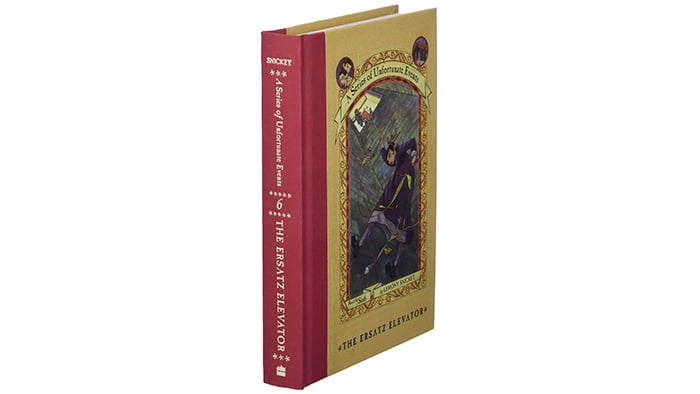Title: “Nexus” – A Thought-Provoking Exploration of Information Networks and Their Impact on Humanity
Yuval Noah Harari, the #1 New York Times bestselling author of “Sapiens,” returns with another groundbreaking work in “Nexus: A Brief History of Information Networks from the Stone Age to AI.” In this compelling and insightful book, Harari examines the crucial role that information networks have played in shaping human history and the challenges we face as we enter the age of artificial intelligence.
Harari’s central thesis is that despite our many accomplishments and the enormous power we have accumulated over the last 100,000 years, we Sapiens now find ourselves in an existential crisis. The world teeters on the brink of ecological collapse, misinformation runs rampant, and the rise of AI threatens to upend our very existence. To understand how we arrived at this juncture, Harari argues that we must look through the long lens of human history and consider how the flow of information has shaped us and our world.
One of the strengths of “Nexus” is Harari’s ability to synthesize vast amounts of historical and scientific information into a coherent and engaging narrative. He takes readers on a sweeping journey through time, from the Stone Age to the present day, highlighting key moments and developments in the evolution of information networks. Along the way, he draws fascinating connections between seemingly disparate events and ideas, revealing the complex interplay between information, truth, bureaucracy, mythology, wisdom, and power.
Harari’s analysis of the relationship between information and truth is particularly thought-provoking. He argues that information is not the raw material of truth, but rather a tool that can be wielded for both good and ill. Throughout history, different societies and political systems have used information to achieve their goals, whether it be the canonization of the Bible, early modern witch-hunts, Stalinism, Nazism, or the resurgence of populism today. Harari’s exploration of these examples is both illuminating and unsettling, as it forces readers to confront the ways in which information can be manipulated and distorted to serve various agendas.
Another strength of “Nexus” is Harari’s ability to make complex ideas accessible to a wide audience. His writing is clear, engaging, and often humorous, making even the most abstract concepts easy to grasp. He has a gift for distilling big ideas into memorable nuggets of wisdom, such as his observation that “information is power, but it is also a double-edged sword.” These insights are sure to stick with readers long after they have finished the book.
Perhaps the most urgent and compelling section of “Nexus” is Harari’s discussion of the rise of artificial intelligence and the challenges it poses to our very existence. He argues that as non-human intelligence becomes increasingly sophisticated and powerful, we must confront the possibility that it could one day surpass and even annihilate us. This is a sobering and unsettling prospect, but Harari does not simply sound the alarm and leave readers in despair. Instead, he offers a glimmer of hope by suggesting that there is a middle ground between the extremes of information as raw material of truth and information as a mere weapon.
In the final chapters of “Nexus,” Harari argues that by rediscovering our shared humanity and the values that unite us, we may be able to navigate the challenges posed by AI and other information networks. He suggests that rather than simply accepting the flow of information as it comes to us, we must learn to be more discerning and critical consumers of information. We must also be willing to engage in dialogue and debate with those who hold different views, rather than retreating into echo chambers of like-minded individuals.
Ultimately, “Nexus” is a book that challenges readers to think deeply about the role of information in our lives and in the world around us. It is a call to action, urging us to be more mindful of the ways in which information shapes our beliefs, our behaviors, and our societies. By understanding the complex relationship between information and power, Harari suggests, we may be able to chart a course towards a more hopeful and humane future.
In conclusion, “Nexus” is a must-read for anyone interested in the history of information, the challenges of the present moment, and the possibilities of the future. Yuval Noah Harari has once again proven himself to be one of the most insightful and engaging thinkers of our time, and “Nexus” is a testament to his intellectual prowess and his deep concern for the fate of our species. Whether you are a fan of Harari’s previous work or new to his writing, “Nexus” is sure to leave you with plenty to ponder and discuss.
 Skip to content
Skip to content









